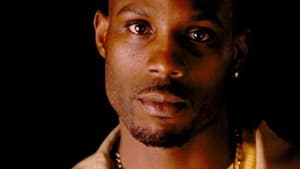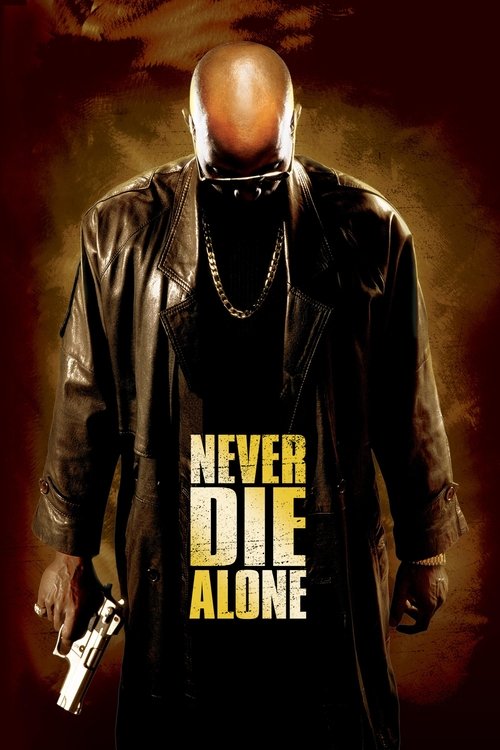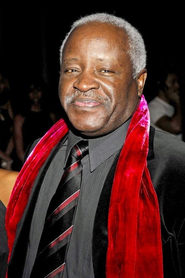Cast
View AllDMX
as King David
David Arquette
as Paul
Michael Ealy
as Michael
Drew Sidora
as Ella
Antwon Tanner
as Blue
Luenell
as Jasper
Clifton Powell
as Moon
Tommy Lister Jr.
as Rockie
Aisha Tyler
as Nancy
Art Evans
as Mr. Waters
Damion Poitier
as Alvin
Michele Shay
as Juanita's Mother
Henry Gibson
as Funeral Home Director (uncredited)
Rhoda Jordan
as Brenda (uncredited)
Jennifer Sky
as Janet
Crew
Director
- Ernest R. Dickerson
Producer
- Alessandro Camon
- DMX
Reviews
CinemaSerf
Journalist "Paul" (David Arquette) rushes recently shot "King David" (DMX) to hospital. Unable to save this man he had previously never met, he does find himself in possession of his car - and contained therein are some audio tapes delivering a retrospective of the deceased man's life as a small time drug dealer. This story offers us nothing at all new, indeed the DMX character is pretty odious from the get-go - especially when he decides to get his independently minded girlfriend hooked on heroin because she won't move in with him. It is gritty; there is a distinct plausibility about the way he lived his life; thoughtless and selfish, ruthless and devious. In parallel, we also feature a storyline about "Michael" (a competent Michael Ealy) who is making sure he avenges the killing even though he is a much more decent individual. Plenty of musicians have tried to cross to cinema and most can't hack it. Despite a reasonable effort with some dialogue that is nowhere near as banal as I'd expected, DMX relies too much on his own persona and charisma - of which he has plenty - rather than trying to imbue anything into his character, about whom I really couldn't have cared less. His own narration is sometimes quite withy and observational, but despite the frequency realistic drug abuse scenes, this still all quite well paced, but completely forgettable stuff.
Apr 28, 2022
Thematic Analysis
As a dramatic work, Never Die Alone examines complex human relationships and emotional struggles against the backdrop of contemporary challenges that mirror our own experiences. The character development particularly stands out, offering viewers a chance to reflect on their own life journeys.
Director Ernest R. Dickerson brings their distinctive visual style to this film, continuing their exploration of themes seen in their previous works while adding new elements. Their approach to character development and emotional depth creates a viewing experience that rewards close attention.
Released in 2004, the film exists within a cultural context that continues to evolve with our understanding of its themes. Its reception demonstrates the diverse reactions to its artistic choices and its place in cinema history.
Did You Know?
- The production of Never Die Alone took approximately 21 months from pre-production to final cut.
- With a budget of $3.0 million, the film proved to be a financial success, earning back its investment and more.
- The final cut of the film runs for 88 minutes, though the director's initial assembly was reportedly 115 minutes long.
- Several scenes were filmed in multiple locations to capture the perfect setting.
- The cast underwent specialized training for 3 weeks before filming began.
- The screenplay went through 14 major revisions before the final shooting script was approved.
Historical Context
- In 2004, when this film is released:
- Environmental concerns were becoming more mainstream.
- The September 11 attacks changed global security and politics.
- Digital filmmaking technologies were transforming production processes and creating new opportunities.
How This Film Stands Out
While Never Die Alone shares thematic elements with other films in its genre, it distinguishes itself through its unique approach to storytelling, visual style, and character development.
Unlike Metropolis, which takes a more conventional approach to its subject matter, Never Die Alone offers a fresh perspective through its innovative visual language and narrative structure.
While films like Kill Bill: Vol. 1 and Apocalypse Now explore similar territory, Never Die Alone stands apart through its deeper exploration of its central themes and more complex characterization.
This film's unique contribution to cinema lies in its bold artistic choices and willingness to challenge viewer expectations, making it a valuable addition to its genre.
Details
- Release Date: March 26, 2004
- Runtime: 1h 28m
- Budget: $3,000,000
- Revenue: $5,923,000





















